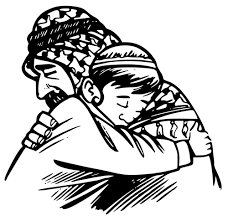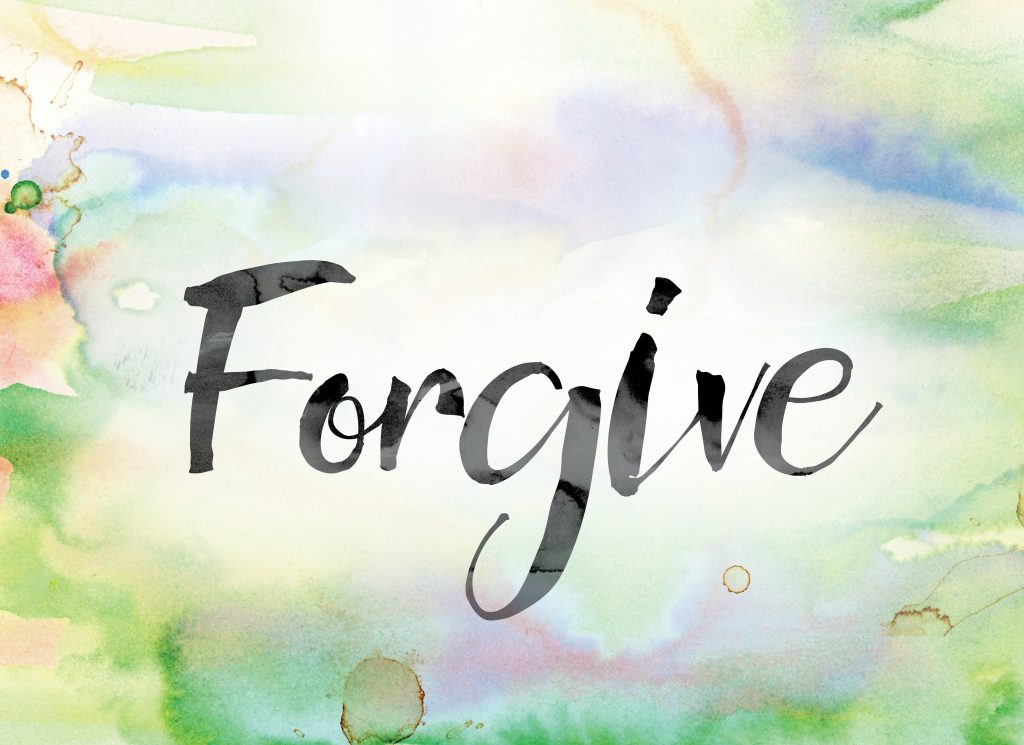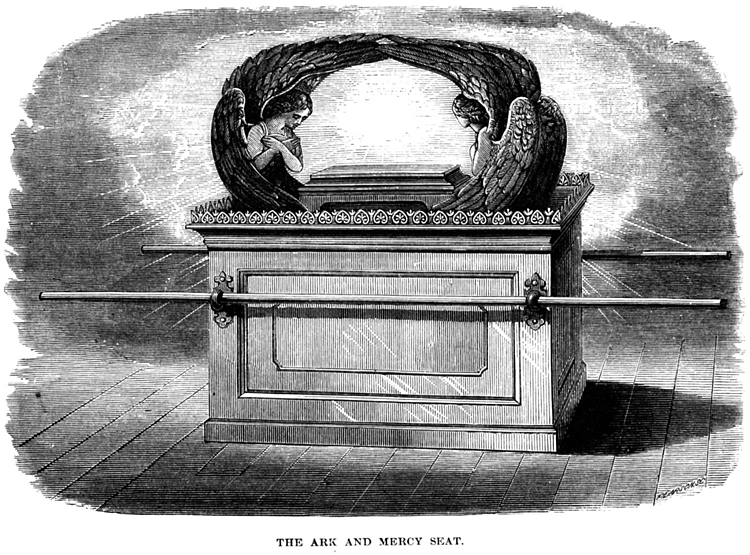
Luke 23:34, Father, forgive them.Yeshua said this for his and our benefit, and not because it made any difference in the lives of those who crucified him. It was for his benefit, so that the sin of bitterness and unforgiveness wouldn’t take root in him. It is for our benefit, so that we’d have his example to follow when dealing with our enemies.
There is a deep and transformative truth in the power of forgiveness. When we forgive our offender (it doesn’t matter whether they know about it or not), it prepares the way for the relationship to be restored. The miracle and beauty of the forgiveness process is that now we get to help those who have sinned against us in the healing of their own sin.
Like so many of Elohim’s truths and Yeshua’s practices, this is counter intuitive to the natural way man thinks. When sinned against, man’s natural, knee-jerk response is to hold on proudly to bitterness and offense in hopes the other person will recognize their error and humbly repent of their sin to us, the offended party. This is delusional thinking on the part of the one sinned against, since it seldom works this way.
Because of human pride, both the sinner and the one sinned against—if each follows their own natural and self-defensive inclination—will usually dig in and fortifies the position of their own self-rightness. The sinner is certain he is justified in his actions against the one he sinned against, while the offended party feels it is his right to walk in offense until the sinner admits his sin and repents. As such, each party remains frozen and polarized in his position and the break in the relationship is never resolved. Division and strife becomes the etched-in-stone norm. This is all based on human pride, which heads the list of the seven deadly sins that YHVH hates the most and views as an abomination (Prov 6:16) resulting in division between brethren (Prov 6:19).
It is the devil who is our adversary, is the one who destructively divides (John 10:10) and accuser of the brethren (Rev 12:10), and the one who comes to kill, steal and destroy loves this. When we hold on to bitterness and unforgiveness against someone, we become their adversary and accuser. This results in strife and division between people.
This prideful division between people is not resolved until one of the parties chooses to follow the instructions and example of Yeshua to become a blessed peacemaker (Matt 5:9) and humbles himself and forgives his neighbor, so that the healing process can occur. On the cross, Yeshua initiated this process of relationship restoration in preparation for his role in heaven as our Great High Priest to act on our behalf before his Father to reconcile sinful man through himself to Elohim.







